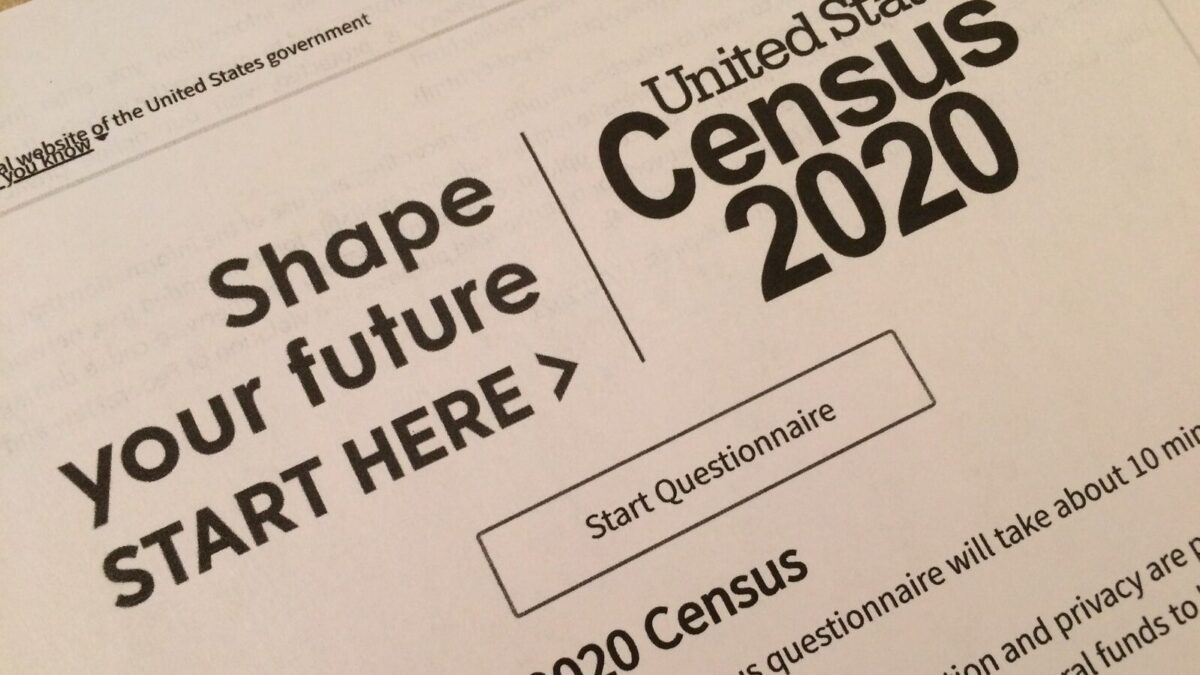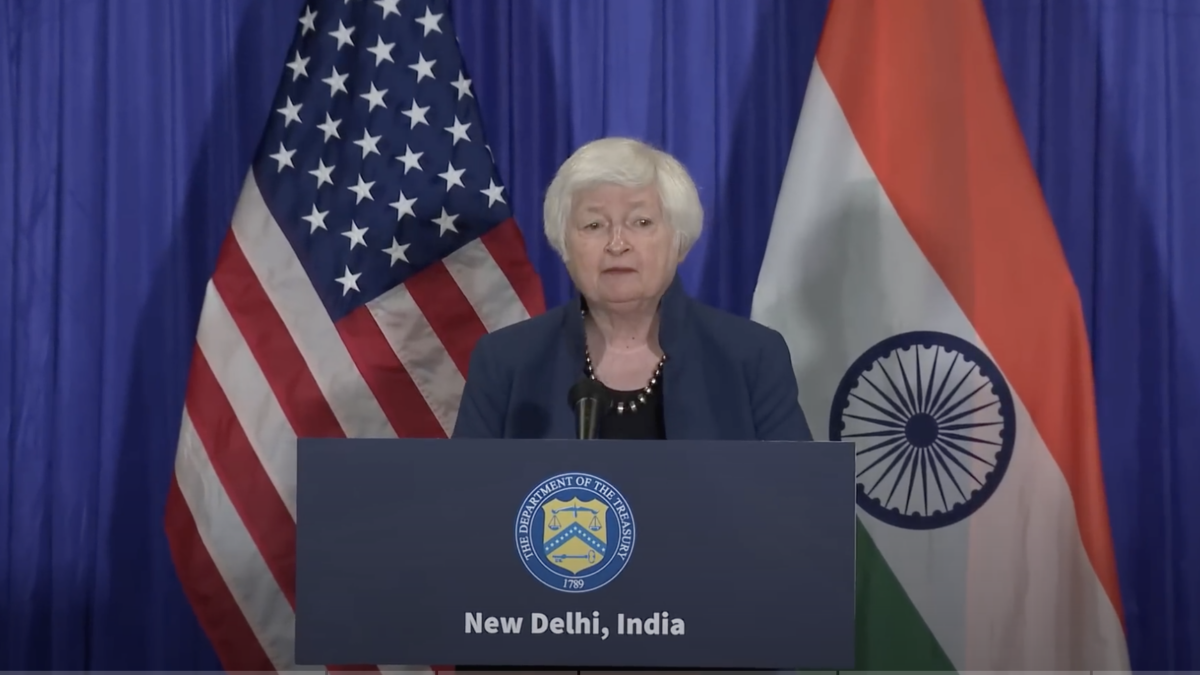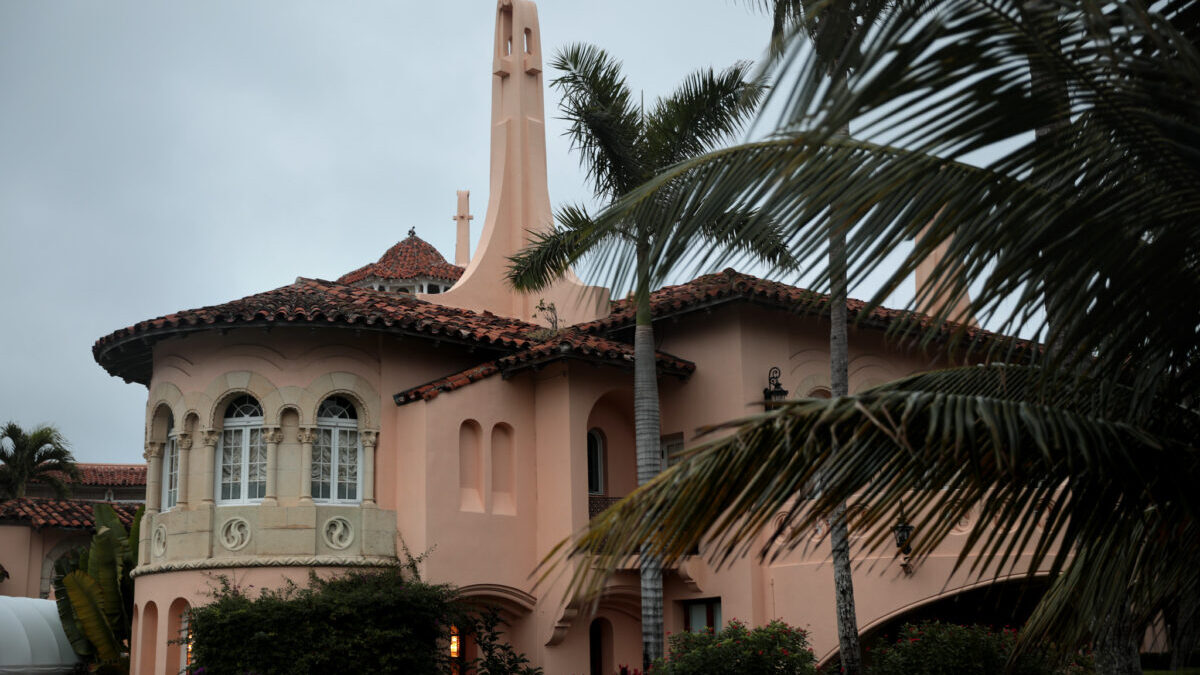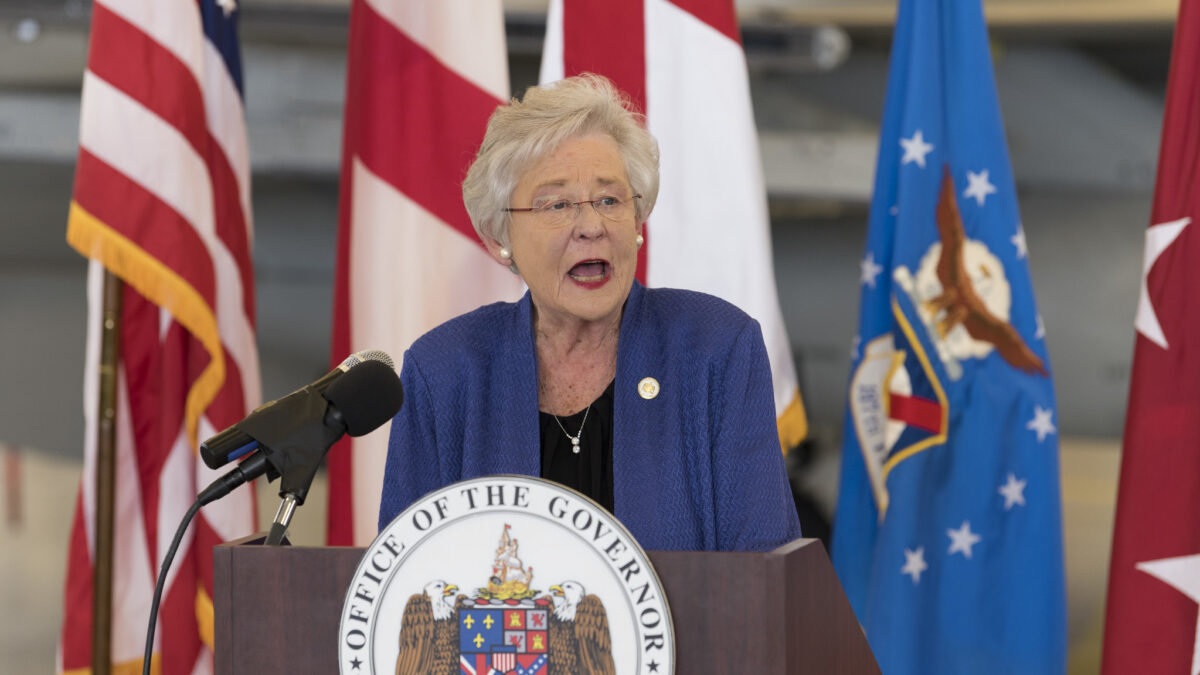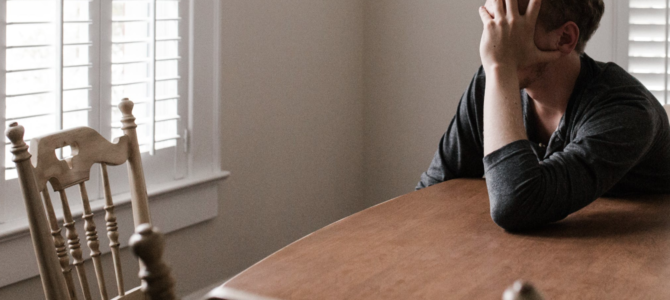
Americans have been complaining about an unhealthy lack of bipartisanship on the political scene for years. In the last week or so, they got bipartisanship, but maybe not the kind they were hoping for.
In their first terrified response to the Wuhan coronavirus, Republicans and Democrats seemingly united in favor of social distancing, quarantine of the infected, and prevention of large gatherings. But as the first fog of panic wears off, another bipartisan phenomenon is beginning to sweep the nation: People are beginning to wonder whether the whole thing is doing more harm than good.
Why Social Distancing?
The case for social distancing is straightforward: The American health-care system has the capacity to treat only so many people at a time. If the virus spreads quickly, the number of people in need of treatment will exceed that capacity. People will need ventilators or other intensive treatment, and there will not be any for them to use. The number of deaths will rise, and the unpleasantness of the disease will increase significantly even for many who survive.
To the argument that Americans endure the flu with little or no stress, despite the fact that the flu kills about 50,000 people each year and coronavirus has killed a mere 200 or so as this goes to press, advocates of social distancing again have a straightforward answer: This is only the beginning. The Wuhan virus appears to be taking the lives of approximately 1.5 percent of those who become infected, while the flu kills only about 0.1 percent. Coronavirus therefore could kill hundreds of thousands or millions before it is finished.
Advocates of the extreme bipartisan measures make a solid and logically coherent case. On the other hand, there is a serious problem with that case.
Why Not Social Distancing?
The extreme reactionary measures to the pandemic focus only on the benefits of those actions, entirely ignoring the costs. And the costs will likely be massive.
Of course, it sounds very callous to talk about considering the costs. It seems harsh to ask whether the nation might be better off letting a few hundred thousand people die. Probably for that reason, few have been willing to do so publicly thus far. Yet honestly facing reality is not callous, and refusing even to consider whether the present response constitutes an even greater evil than the one it intends to mitigate would be cowardly.
First, consider the massive sacrifice of life Americans are making in their social distancing campaign. True, nearly all are not literally dying, but they are giving up a good deal of what makes life worth living — work, classes, travel, hugs, time with friends, conferences, quiet nights out, and so forth. Probably almost everyone would be willing to live a somewhat shorter normal life rather than a somewhat longer life under current conditions. The abandonment of normalcy, therefore, is in many ways equivalent to shortening the lives of the entire nation.
Of course, there is more to it than losing some quality of life. The current response is quickly driving the United States into a recession, which will result in a great deal of misery for tens of millions of people. Again, balancing lives against money sounds harsh, but everyone does so — and must do so — whether he is conscious of the fact or not. Not to mention, a recession also means higher poverty rates, which lead to higher mortality rates.
More is at stake than lives and money: namely freedom. Even for those of us who are by no means libertarian, the increasingly draconian measures put in place across the nation, especially in California, to isolate people and prevent them from moving at will are raising serious questions about whether Americans are in a dress rehearsal for tyranny.
For a Little Security?
None of this is to suggest the answer is simple. Many other morally relevant factors bear on the decision. Those most likely to die from coronavirus are the elderly and the vulnerable. Perhaps their lives should receive somewhat greater consideration. Perhaps it is better that many people give up a small portion of their lives than that a few give up a larger portion. Both of these factors weigh in favor of social distancing.
On the other hand, those likely to be most hurt by the recession sure to result from social distancing — and some of them to die sooner because of it — are economically the most vulnerable. Perhaps they are entitled to special consideration. Many of all ages and conditions might prefer to risk death bravely rather than to live huddled away in fear. Both of those factors weigh in favor of a return to normalcy.
I am not advocating either option, nor any of the others in between. But these are the choices Americans must consider, and these are the costs we will be accepting if we adhere to a strict social distancing policy. The American people must ultimately decide what they really want. Perhaps the overwhelming majority would happily endure indefinite isolation and sacrifices of freedom to prevent a fairly bad pandemic from getting somewhat worse. But I doubt it.
Messages are already beginning to appear on social media asking whether this whole affair is a massive overreaction. Some economists are raising the same question. Polling seems to indicate that, by and large, Americans feel like they should support social distancing, but find that it isn’t worth the hassle in practice.
Democracies, famously, must feel before they act. At present, the Wuhan virus is new and scary. Americans feel fear, so they have been largely supportive of restrictive measures in response. But as the virus becomes normal and mundane, that fear is liable to give way to feelings of isolation irritation, lack of freedom, and the inability to live normal life — and note that some advocates of social distancing suggest it could take nearly a year to work effectively.
As time drags on, the case that America is overreacting to coronavirus may begin to feel strong indeed.






